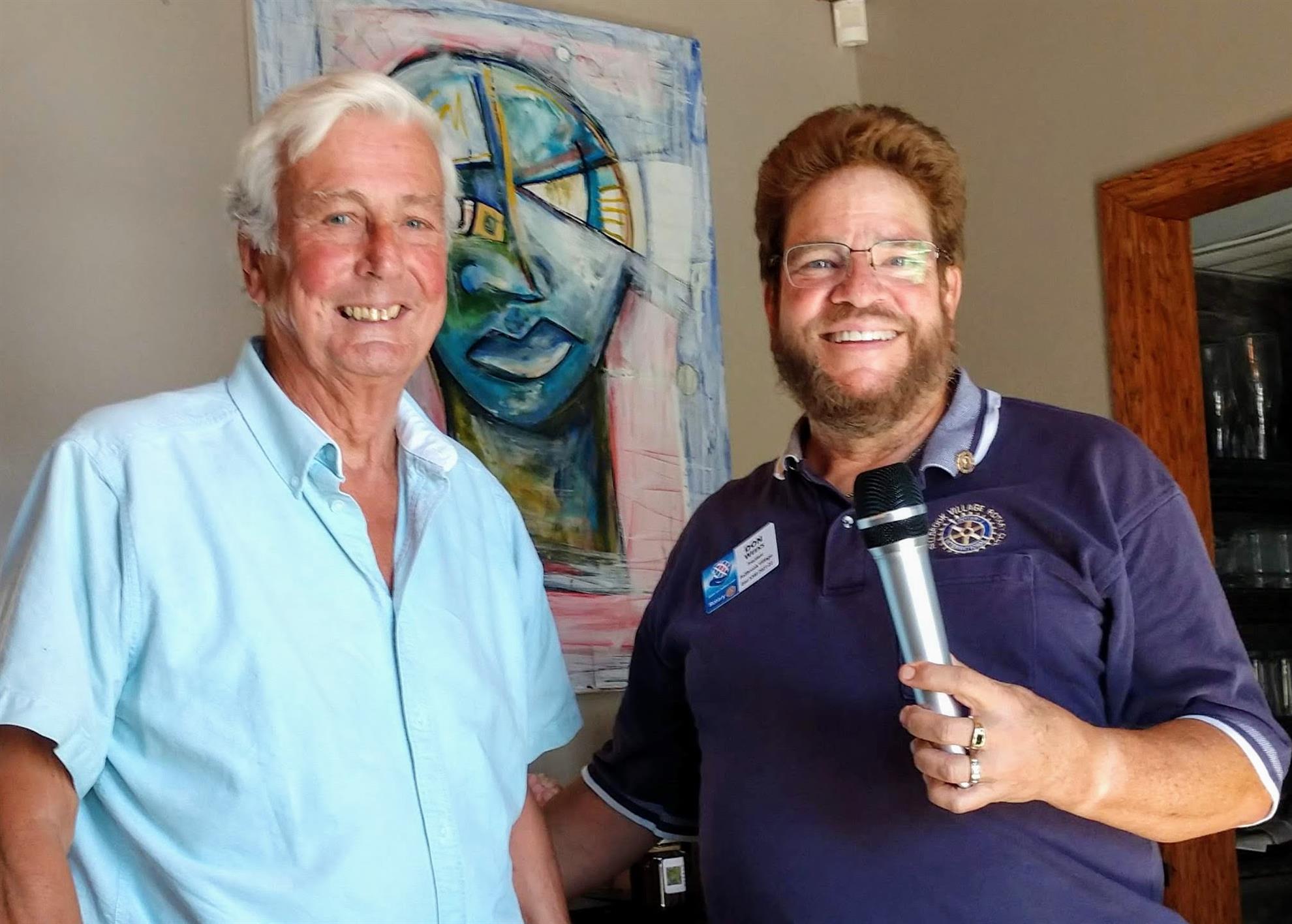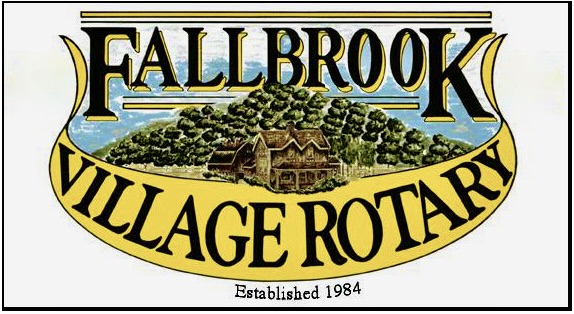
In 1942, the Bett family lived in Oxford when Earl Montgomery took over the eighth army for the Battle of El Alamein. Earl Montgomery sent for Mike’s father to assist with communications in Egypt and organize the signals departments. Two months later, Mike was born at Acocks Green, the Birmingham Maternity Hospital. Since she didn’t want to be alone with a newborn in wartime, his mother stayed with relatives until his father returned. Three years had passed before he met his father. His dad, who became a civilian, managed UK telecommunications for the post office and family moved to Surrey and then, west of London. After attending a private prep boarding school, he studied textile technology at the University of Manchester.
Mike started his career in the textile industry for the Cepea Fabrics, part of Calico Printers' Association Ltd. He worked in London arranging for fabrics by special order. Marks & Spencer, a major British multinational retailer, requested these fabrics. All London department stores requested their own fabrics for making garments. As a merchant converter, he purchased the fabric and make sure it was printed, dyed or bleached per order.
A retired UK race car driver Les Leston, who ran a Motor Sport business, needed to find Nomex — a nylon product made by Dupont. It was more fire retardant than the cotton cloth worn by drivers. It doesn’t burn! When he rang up Dupont about it, they said, “No” and denied making it. The next day, the CIA sent somebody to Mike’s office to question him, “How did you know about this material?” The US government material was only used by the spacemen. In intense heat, the material never burns only becomes ash! Eventually, Dupont sent Mike the material, and race car drivers wear Nomex to this day. You can see white Nomex as it lays on a driver’s head and around his face just before they put on their helmet.
During this time, he met his wife, Sally. Sally was the sole buyer at Harrods for children’s clothing. She took him to the Children’s Wear Ball, where she was sought after by the department stores. Mike started talking to a representative of Paula Lee, the up market UK Children's wear manufacturer. Suddenly, Mike received a job offer to join the children’s clothing manufacturer. Working all over the world, he met with clients in New York and Hong Kong. In Ireland, he worked on the dresses for Whit’s Walk, the Catholic first communion parade with children in long white gowns. The Arabs loved the long white gowns but wanted them in nice, shiny fabrics. It was an enormous market! It became tough with the Lebanese War where you had to keep your head down. Unfortunately, this business was owned by a bankrupt conglomerate and the bank wanted its money. Mike had come home with huge orders but the bank pulled the rug out from under the business. An Arab whiz kid bought the business and wouldn’t listen to Mike’s experience. Within a year, the business was gone.
What was he going to do? He and Sally bought a department store in Kent because they enjoyed this type of work. Sally’s buyer experience and Mike’s work with textiles became very useful in this new venture. They handled lingerie, ladies’ wear, luggage, men’s wear and and all sorts of things. They worked there for 25 years until they sold both the business and the building. Upon retirement, he joined the Rotary of Battle (of Hasting) and has held every position except one. He doesn’t do well as the secretary.
Their son, Joby, studied electronics at a University and worked for an English company with business in the states. The company flew him to the states every few weeks and offered him a car to stay in the US. He now lives in Mission Viejo. He has worked for Cisco and now works for Amazon Cloud. Mike and Sally went through all the hoops to arrive in the US and enjoy seeing their grandchildren. With all the paperwork, the US government wanted to know all about them. Eventually, they became citizens.

